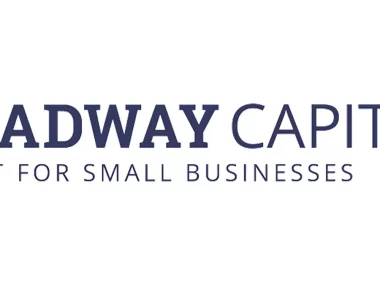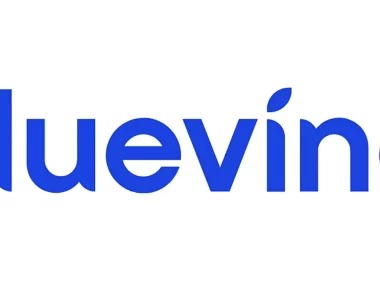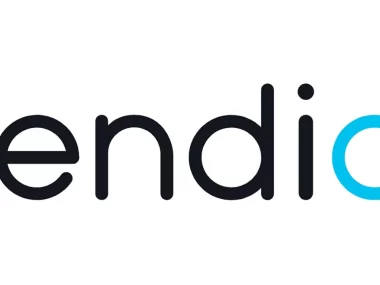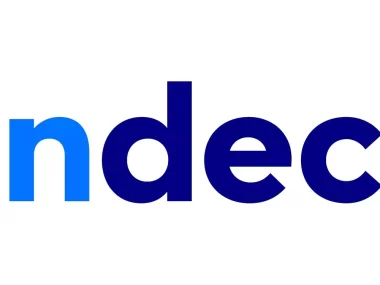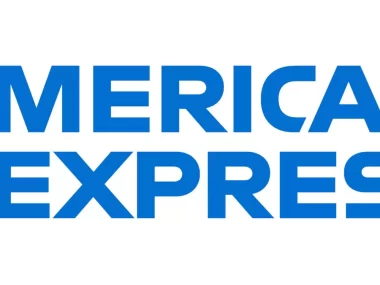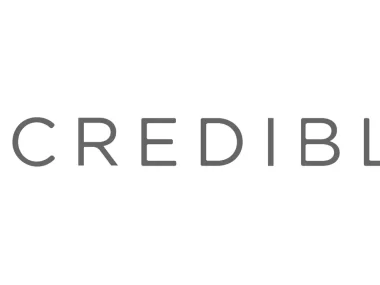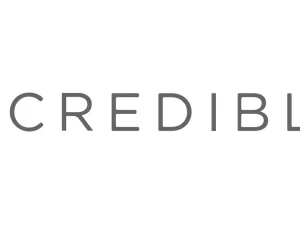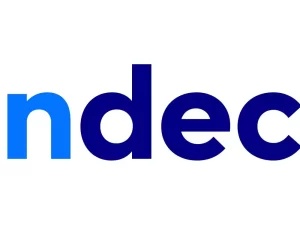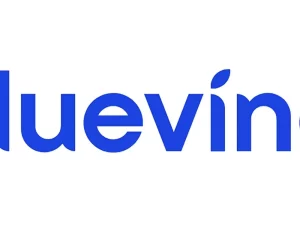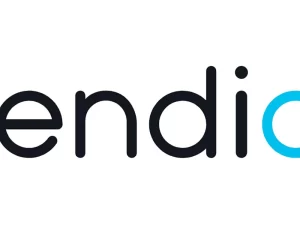Personal loans can be offered by a variety of financial institutions, including banks, credit unions, online lenders, and peer-to-peer lending platforms. The specific financial institution in charge of personal loans can vary depending on where you live and your personal preferences. Here are some common types of financial institutions that typically offer personal loans:
1. Banks:
Traditional banks are among the most recognizable and established institutions for obtaining personal loans. These institutions include national banks, regional banks, and local community banks. One of the significant advantages of getting a personal loan from a bank is that they typically offer a wide range of financial products and services. You can visit a physical branch to discuss your loan options with a banker, or you can apply online through their websites. Banks are known for their stability and often provide competitive interest rates on personal loans. Your existing relationship with a bank, such as having a checking or savings account, may also play a role in the loan approval process. However, some banks may have strict eligibility requirements, and the application process can be more time-consuming compared to online lenders.
2. Credit Unions:
Credit unions are not-for-profit financial cooperatives that are owned and operated by their members. These institutions are known for their community-focused approach and often offer competitive rates on personal loans. Credit unions may have membership requirements, which can vary widely. Some credit unions are open to individuals who live or work in specific geographic areas, while others serve employees of certain companies or organizations. Membership in a credit union can come with benefits such as personalized service and a sense of community involvement. Credit unions typically have a customer-centric approach, which can lead to more flexible lending criteria compared to larger banks.
3. Online Lenders:
Online lenders have gained popularity in recent years for their convenience and accessibility. These lenders operate exclusively over the internet, which means you can apply for a personal loan from the comfort of your home. Online lenders offer a variety of loan options and can cater to a wide range of credit profiles, from excellent to poor credit. They often provide quick approval decisions and funding, making them a preferred choice for individuals who need funds urgently. Some well-known online lenders include SoFi, LendingClub, and Avant. However, interest rates and fees may vary widely among online lenders, so it’s crucial to compare offers from multiple sources to find the best deal.
4. Peer-to-Peer (P2P) Lending Platforms:
Peer-to-peer lending platforms are online marketplaces that connect borrowers with individual investors or lenders. These platforms, such as Prosper and Funding Circle, facilitate loans funded by a network of individual investors. Borrowers create loan listings detailing their creditworthiness and the purpose of the loan, and investors choose which loans to fund. P2P lending can offer competitive rates and may be a suitable option for borrowers with varying credit histories. However, loan approval on P2P platforms depends on investor interest, and not all applicants may secure funding. Additionally, P2P loans may have origination fees and other associated costs.
5. Credit Card Companies:
Some credit card companies offer personal loans to their cardholders. These loans may be marketed as credit card consolidation loans or debt consolidation loans. If you have a credit card with a particular issuer, they may extend a personal loan offer to you based on your creditworthiness. The advantage here is the convenience of dealing with an institution you’re already familiar with. However, the interest rates on these loans can vary, and it’s essential to compare them with other loan options to ensure you’re getting a competitive rate. Additionally, keep in mind that not all credit card companies offer personal loans.
6. Specialized Lenders:
In addition to traditional lenders, there are specialized lenders that focus on specific types of personal loans. For example, medical lenders offer financing options for medical procedures and healthcare expenses. These lenders often work in partnership with healthcare providers to offer patients financing for treatments not covered by insurance. Similarly, there are lenders that specialize in loans for specific purposes, such as home improvement projects or automotive repairs. These specialized lenders may have a deep understanding of the particular needs of borrowers in those sectors and tailor their loan products accordingly.
7. Online Loan Marketplaces:
Online loan marketplaces, like LendingTree and Credible, provide borrowers with a platform to compare personal loan offers from various lenders. These platforms streamline the process of finding the best loan for your needs by presenting multiple loan options side by side. Borrowers can input their information once and receive multiple loan offers, simplifying the comparison process. This approach allows you to explore a wide range of lenders, including banks, online lenders, and credit unions, all in one place. Online loan marketplaces aim to make the loan shopping experience more convenient and transparent.
8. FinTech Companies:
The financial technology (FinTech) sector has revolutionized the lending industry. FinTech companies leverage technology and data analytics to offer innovative personal loan products. These companies often provide quick approval decisions and a user-friendly online application process. While some FinTech lenders specialize in personal loans, others may offer a broader range of financial products, including installment loans and lines of credit. The competitive advantage of FinTech lenders is their ability to leverage data to assess credit risk quickly, which can lead to faster loan approvals.
9. Nonprofit Organizations:
In some cases, nonprofit organizations may offer personal loans as part of their mission to provide financial assistance to underserved communities. These loans may come with lower interest rates and more flexible terms, making them a suitable option for individuals facing financial challenges. Nonprofit lenders often prioritize financial education and responsible borrowing practices.
10. Employer-Based Loans:
Some employers offer their employees access to personal loans as a workplace benefit. These loans may have favorable terms and low interest rates. The repayment process is typically convenient, with loan payments deducted directly from the borrower’s paycheck. Employer-based loans can be an attractive option for employees who need financial assistance.
In conclusion, a diverse range of financial institutions and platforms offer personal loans, each with its unique advantages and considerations. The choice of where to obtain a personal loan should align with your financial goals, creditworthiness, and preferences. It’s essential to carefully compare offers, including interest rates, fees, and terms, to ensure that you secure the best personal loan for your specific needs. Additionally, always be mindful of responsible borrowing practices and ensure that the loan aligns with your financial capabilities and objectives.

